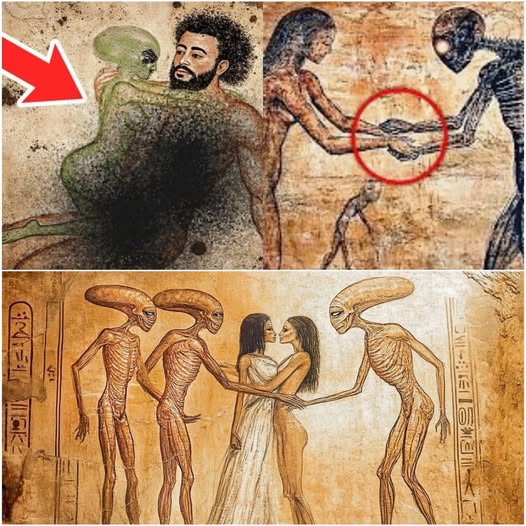Age Difference in Relationships: Beyond Numbers and Stereotypes
When it comes to love, few topics create more debate than age difference in relationships. Society often clings to ideas about what is “acceptable,” but history, culture, and psychology show that love does not always follow those rules. Couples across centuries have proven that age gaps are far more complex than a simple number.
Today, partnerships look different than they once did. Some couples are the same age, while others span decades. What fascinates people most is how age differences are perceived—who holds power, who provides stability, and whether both partners can truly connect. But reducing love to age alone overlooks what really keeps a relationship strong: trust, respect, and shared values.
Psychological Insights into Age-Gap Love
Experts in psychology point out that age-gap relationships can offer both advantages and challenges. A partner with more life experience may provide guidance and stability, while the younger partner often brings curiosity, energy, and fresh perspectives. This mix can create balance and growth.
However, challenges arise when partners are at different life stages. Issues such as family planning, career goals, or lifestyle preferences may clash if not discussed openly. Honest conversations about the future are essential for bridging these differences.
A Look Back: Age Gaps Throughout History
Historically, significant age differences were often the norm. In many societies, older partners were valued for stability and resources, while younger partners represented fertility and potential. These dynamics still exist in parts of the world.
What has changed is society’s emphasis on independence and equality. Today, people expect emotional compatibility and partnership rather than arrangements based only on practicality. This shift explains why modern couples with large age gaps sometimes face heavier criticism than in the past.
Public Perception and Celebrity Influence
Celebrities often bring the conversation into the spotlight. When high-profile couples with large age gaps go public, they spark both criticism and admiration. Some question power dynamics, while others applaud them for following their hearts.
These examples force society to confront its biases. If two adults with a 25-year gap are committed and happy, why should outside opinions matter? The debate reveals less about love itself and more about the double standards that still exist.
Gender and Double Standards
One persistent challenge is how society views age differences depending on gender. Men with younger partners are often praised, while women with younger partners are labeled with terms like “cougar.” This bias places unnecessary strain on relationships. Couples who overcome these stereotypes often discover that ignoring external judgment allows them to focus on their bond instead.
What Really Determines Success
Research shows that couples closer in age may face fewer long-term obstacles statistically, but numbers never guarantee success. Emotional maturity is the strongest predictor of relationship health.
Two partners close in age can struggle if they lack communication and respect, while a couple with a 20-year gap can thrive if they share empathy, compromise, and aligned goals. Age may influence the beginning of a relationship, but commitment and adaptability shape the outcome.
Lessons from Age-Gap Relationships
Love stories around the world prove that age difference can enrich relationships. Older partners may offer perspective and patience, while younger ones inspire adventure and openness to change. Together, they can create a balance neither could achieve alone.
As society’s views on love and partnership evolve, one truth remains: there is no formula for the “right” age gap. Each couple writes their own definition of happiness.
Final Thought
Age differences may draw attention, but they do not define the success of a relationship. What matters most is mutual respect, shared values, and the willingness to face challenges together. For some couples, the gap fades with time. For others, it becomes a strength.
In the end, relationships are not about numbers. They are about connection, resilience, and love that dares to exist outside of society’s expectations.


